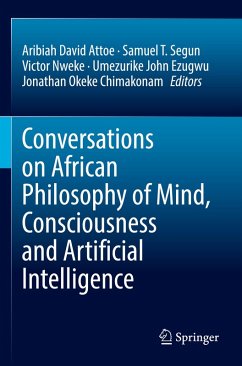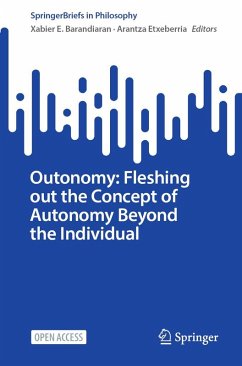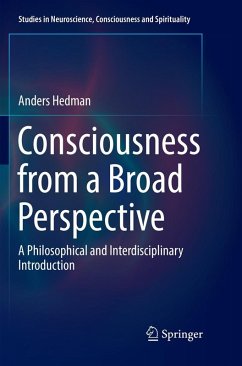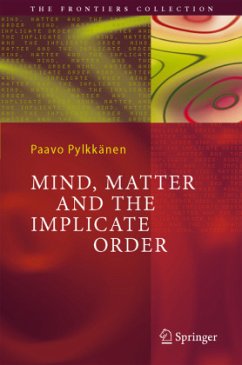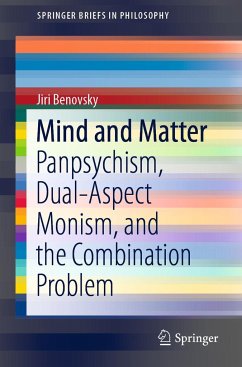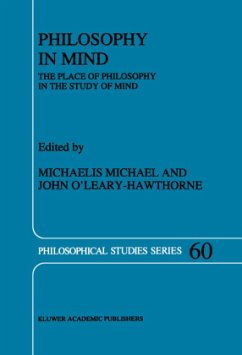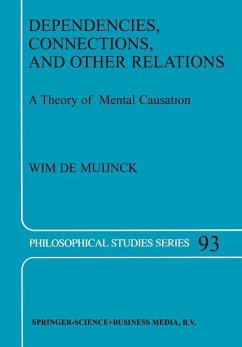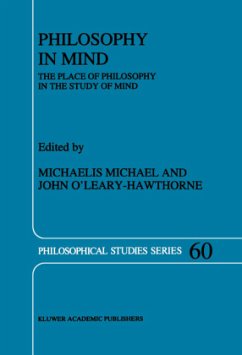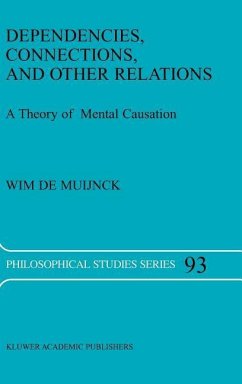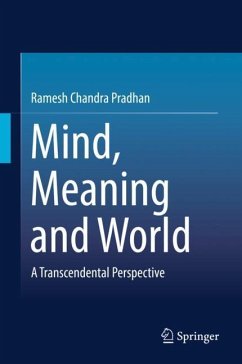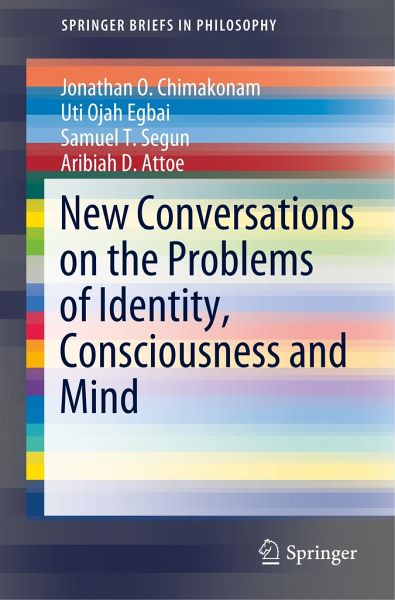
New Conversations on the Problems of Identity, Consciousness and Mind

PAYBACK Punkte
19 °P sammeln!
This book introduces concepts in philosophy of mind and neurophilosophy. Inside, three scholars offer approaches to the problems of identity, consciousness, and the mind. In the process, they open new vistas for thought and raise fresh controversies to some of the oldest problems in philosophy.The first chapter focuses on the identity problem. The author employs an explanatory model he christened sense-phenomenalism to defend the thesis that personal identity is something or a phenomenon that pertains to the observable/perceptible aspect of the human person.The next chapter explores the proble...
This book introduces concepts in philosophy of mind and neurophilosophy. Inside, three scholars offer approaches to the problems of identity, consciousness, and the mind. In the process, they open new vistas for thought and raise fresh controversies to some of the oldest problems in philosophy.
The first chapter focuses on the identity problem. The author employs an explanatory model he christened sense-phenomenalism to defend the thesis that personal identity is something or a phenomenon that pertains to the observable/perceptible aspect of the human person.
The next chapter explores the problem of consciousness. It deploys the new concept equiphenomenalism as a model to show that mental properties are not by-products but necessary products of consciousness. Herein, the notion of qualia is a fundamental and necessary product that must be experienced simultaneously with neural activities for consciousness to be possible.
The last chapter addresses the mind/body problem. It adopts the new concept proto-phenomenalism as an alternative explanatory model. This model eliminates the idea of a mind. As such, it approaches the mind-body problem from a materialistic point of view with many implications such as, the meaning(lessness) of our existence, the possibility of thought engineering as well as religious implications.
The first chapter focuses on the identity problem. The author employs an explanatory model he christened sense-phenomenalism to defend the thesis that personal identity is something or a phenomenon that pertains to the observable/perceptible aspect of the human person.
The next chapter explores the problem of consciousness. It deploys the new concept equiphenomenalism as a model to show that mental properties are not by-products but necessary products of consciousness. Herein, the notion of qualia is a fundamental and necessary product that must be experienced simultaneously with neural activities for consciousness to be possible.
The last chapter addresses the mind/body problem. It adopts the new concept proto-phenomenalism as an alternative explanatory model. This model eliminates the idea of a mind. As such, it approaches the mind-body problem from a materialistic point of view with many implications such as, the meaning(lessness) of our existence, the possibility of thought engineering as well as religious implications.





